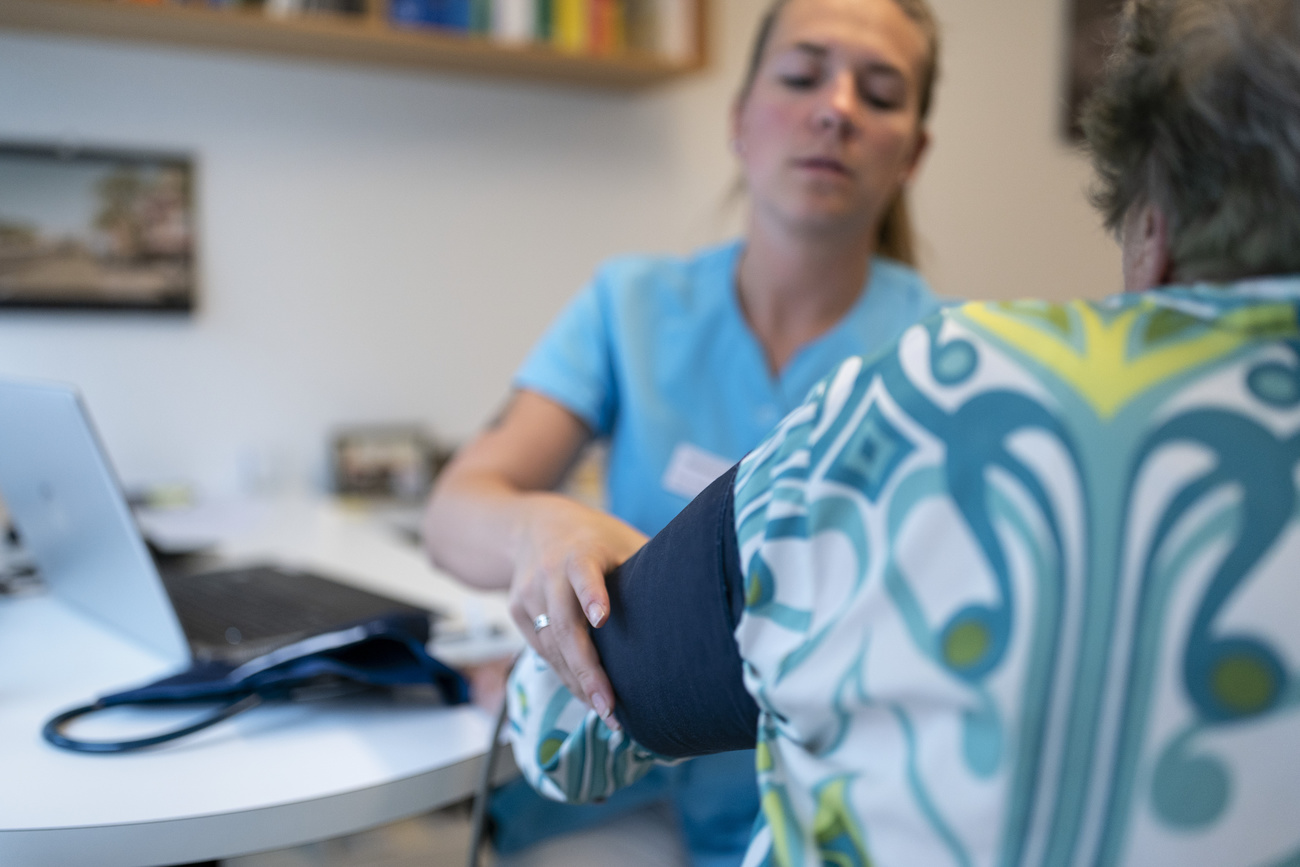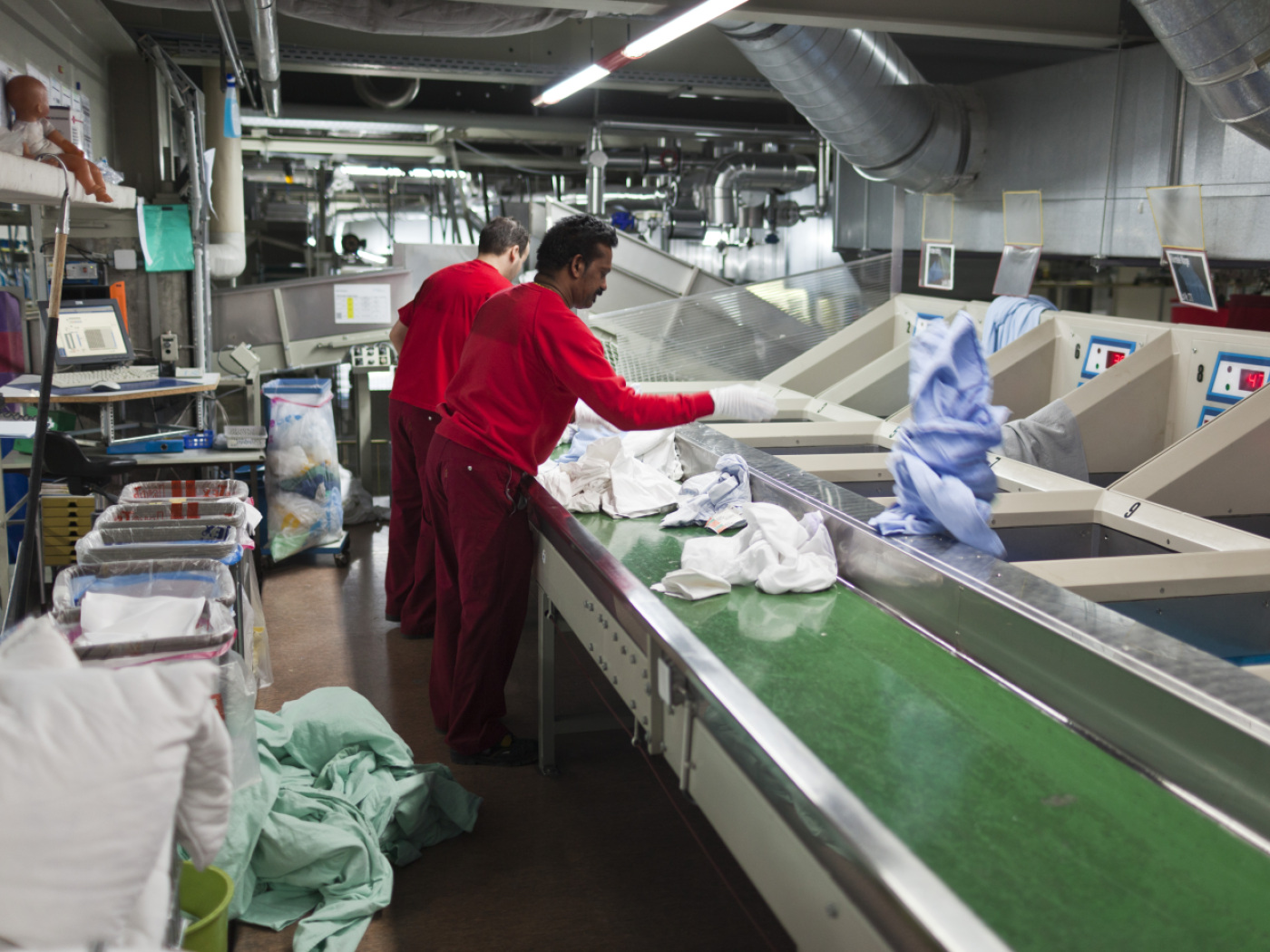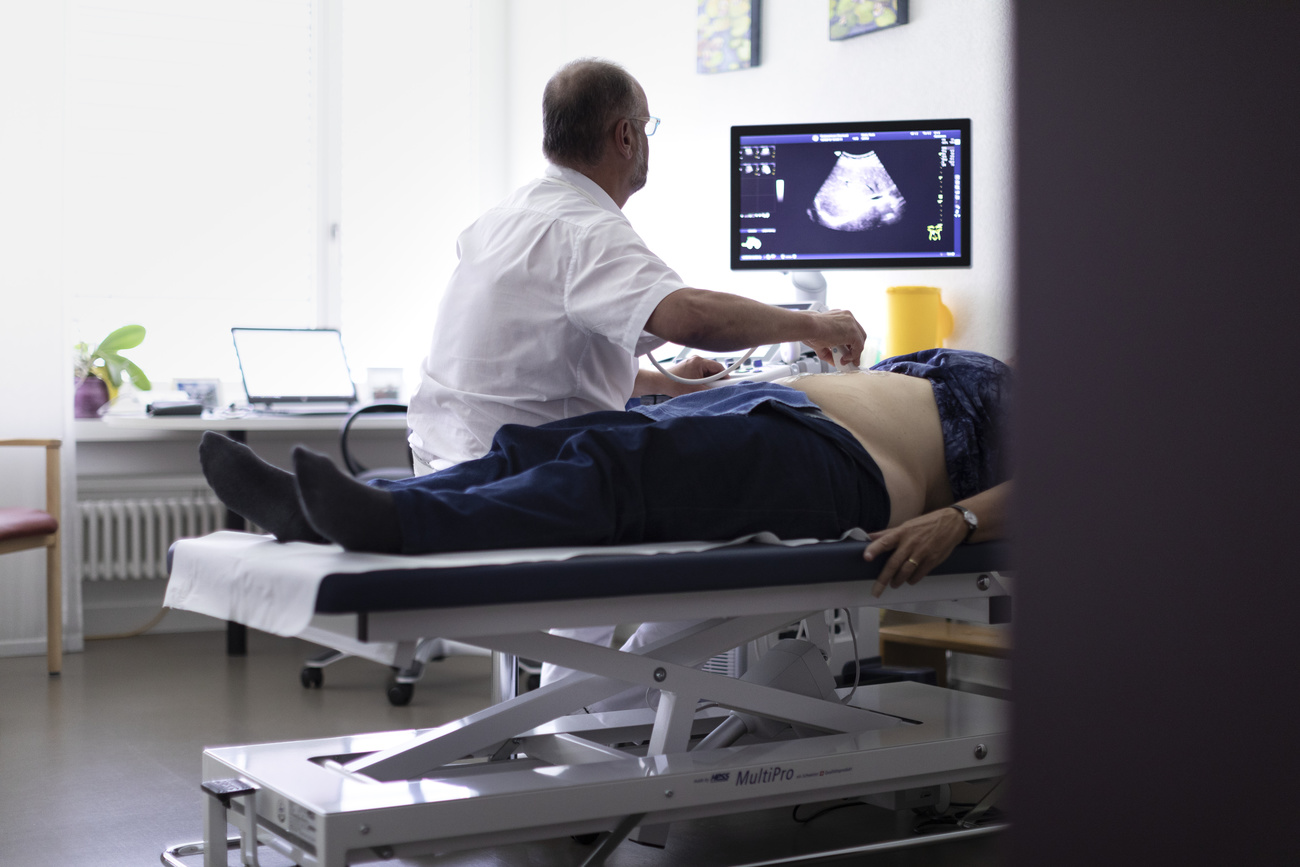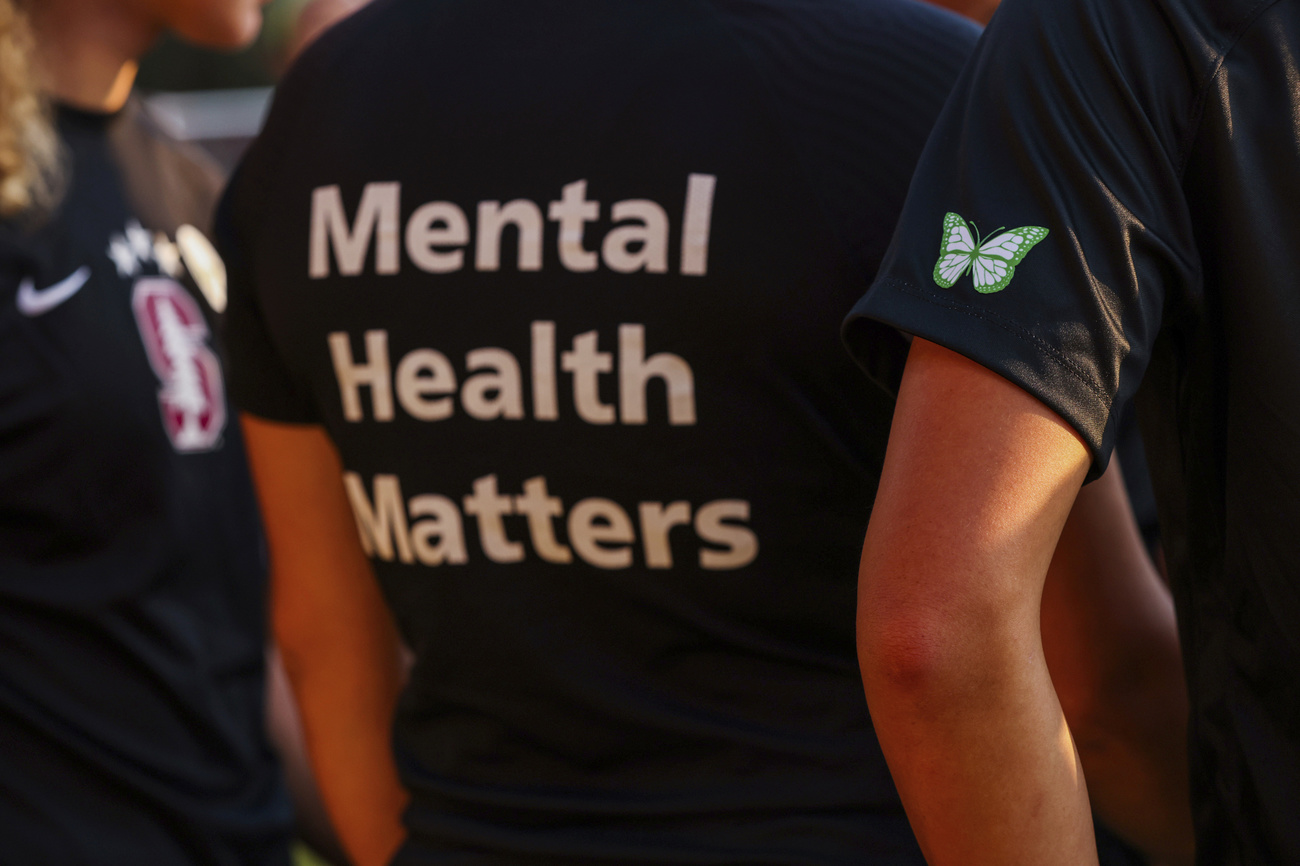
After the Covid pandemic, more than one-third of Swiss report poor health

The pandemic may be behind us, but the Swiss are not in the best of health: according to a study for the insurance company CSS Group, 34% of people in Switzerland say they feel unhealthy or even ill, whereas three years ago the figure was 22%.
In the over-65 category, the deterioration is the most marked: 46% compared to 30% in 2020.
The study conducted by Sotomo, according to a CSS press release on Monday, shows that sick days for adults over 65 years of age increased from 2.6 in the pre-pandemic period and during the pandemic to 4.5 in 2023, i.e., more than double. The elderly are the most resistant to mental illness, but 39% of them do not seek professional help when they need it.
+ Should we be worried about a Covid-19 comeback?
The most frequently reported symptoms are fatigue and exhaustion (68% of cases): it cannot be excluded that the latter may be related to a legacy of Covid. Pain (48%), infectious diseases (41%) and stress (40%) follow on the list. Poor health affects the quality and quantity of sleep as well as physical activities and sociability.
Mental health is a major challenge for Switzerland in 2023: the number of people who considered themselves to be in good mental health was about three out of four two years ago, whereas in 2023 it is only two-thirds. Illnesses in this area are mainly suffered by young adults, although their moods are improving slightly. Nevertheless, only 38% of the population between 18 and 35 years of age turn to specialists in this field, and of those who do, about 50% do not find the support they were hoping for.
+ Covid pandemic cost Switzerland CHF8 billion
The combination of work and stress at home especially afflicts women between 41 and 50 years of age, who are the category with the lowest mood. Three out of four respondents believe that flexible work is psychologically beneficial and allows them to reconcile work and private life: this perception is especially widespread among women, who still do the larger share of care work. In general, in this age group, those who consider themselves to be in good mental health have fallen from 75% two years ago to 67% in 2023.
The survey conducted online by Sotomo was based on responses from 2,432 people collected between June 6 and 29 in the three main language regions. The margin of error is +/- 2 percentage points.
This news story has been written and carefully fact-checked by an external editorial team. At SWI swissinfo.ch we select the most relevant news for an international audience and use automatic translation tools such as DeepL to translate it into English. Providing you with automatically translated news gives us the time to write more in-depth articles. You can find them here.
If you want to know more about how we work, have a look here, and if you have feedback on this news story please write to english@swissinfo.ch.

In compliance with the JTI standards
More: SWI swissinfo.ch certified by the Journalism Trust Initiative














































You can find an overview of ongoing debates with our journalists here . Please join us!
If you want to start a conversation about a topic raised in this article or want to report factual errors, email us at english@swissinfo.ch.